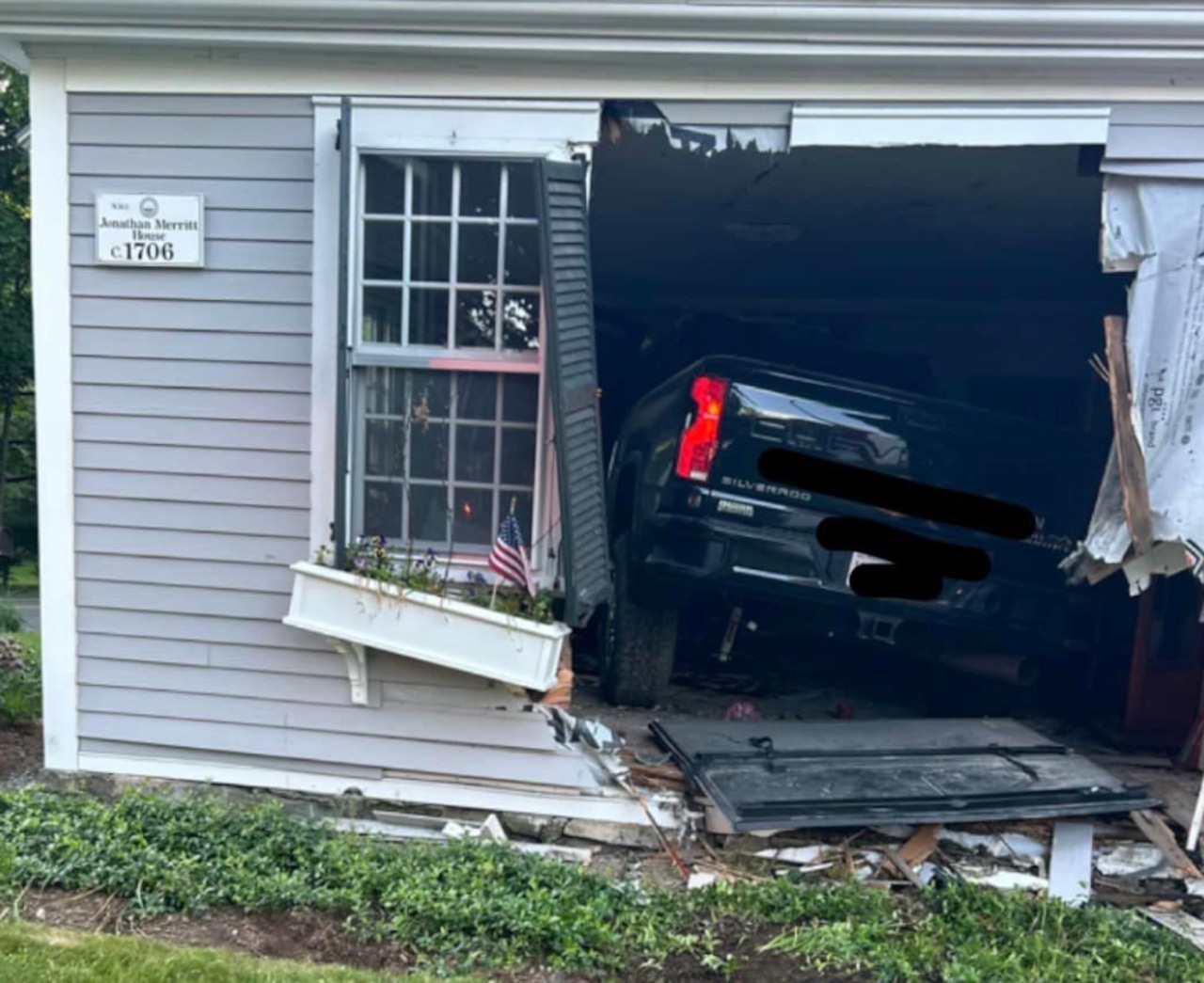
Gov. Maura Healey on Wednesday swore in the five members of a new statewide review board charged with assisting Massachusetts veterans who were discharged under the U.S. military’s former “Don’t Ask, Don’t Tell” policy.
The Veterans Equality Review Board has been tasked with providing an application process for Bay State veterans who received an “other than honorable discharge,” under the former policy, which targeted LGBTQ+ service members, and recommend their eligibility for state-based benefits.
In a statement, Healey said the panel’s creation represented a “historic milestone for Massachusetts veterans, service members, and their families,” because it emphasizes the state’s “commitment to righting the wrongs of the past and supporting LGBTQ+ veterans who have served our nation with pride and honor.”
- For more information about the Veterans Equality Review Board, you can visit the Executive Office of Veterans Services’ website.
Former President Bill Clinton implemented the policy in 1993 as a way to reverse a World War II-era ban on LGBTQ+ Americans serving in the Armed Forces.
By its 15th anniversary in 2008, more than 12,000 officers were discharged from the military for refusing to hide their sexual identity. The policy was finally repealed under former President Barack Obama in 2011, according to Brittanica.
“It’s time we correct the injustices endured by LGBTQ+ service members discharged under ‘Don’t Ask, Don’t Tell’ and make sure they receive the state benefits they’ve earned through their dedicated service,” Lt. Governor Kim Driscoll, the daughter of a Navy veteran, said in the administration’s statement.
Providing state-level benefits to veterans impacted by the old policy “represents a significant step in healing discrimination’s wounds,” Veterans Services Secretary Jon Santiago said, noting that “there’s still more work ahead” on LGBTQ+ equality issues.
According to the administration, the new panel, known as VERB, has ben tasked with:
- “Reviewing applications submitted by veterans who believe they received an ‘other than honorable discharge’ due to their sexual orientation, gender identity, or gender expression’
- “Providing recommendations to the Secretary of Veterans Services on granting state-based veterans benefits to applicants,” and
- “Ensuring that veterans who qualify for benefits can access the support they need.”
Impacted veterans can submit their applications for benefits through the state EOVS website, which provides the necessary instructions and lists the documentation that’s needed to qualify for benefits.
The panel, which was authorized in the 2023 state budget, includes three appointees from the state’s Executive Office of Veterans Services and two appointed by the governor. Each serves a five-year term.
Those board members are:
- Claire Burgess, a clinical psychologist at VA Boston Healthcare System, an LGBTQ+ Postdoctoral Fellow, and an assistant professor at Harvard Medical School.
- Cliff Brown: an Army veteran, a project manager, Home Base, and a Massachusetts National Guard member.
- Lynette Gabrila, an Army veteran who currently serves as director of veterans services for the Wachusett District.
- Christine Serpe, a staff psychologist at VA Boston Healthcare System, and an assistant professor at Boston University’s Chobanian and Avedisian School of Medicine.
- Rachel McNeill, a U.S. Army Reserves veteran, a veteran advocate, and community organizer.
“While we cannot change the past, the creation of the Veterans Equality Review Board accentuates the commonwealth’s dedication to all veterans, regardless of sexual orientation,” state Rep. Gerard Cassidy, D-Plymouth, and the House chairperson of the Legislature’s Joint Committee on Veterans and Federal Affairs, said.
The panel “provides a beacon of hope for veterans who bravely served our country and were wrongfully discriminated against,” under the old policy, Cassidy concluded.






